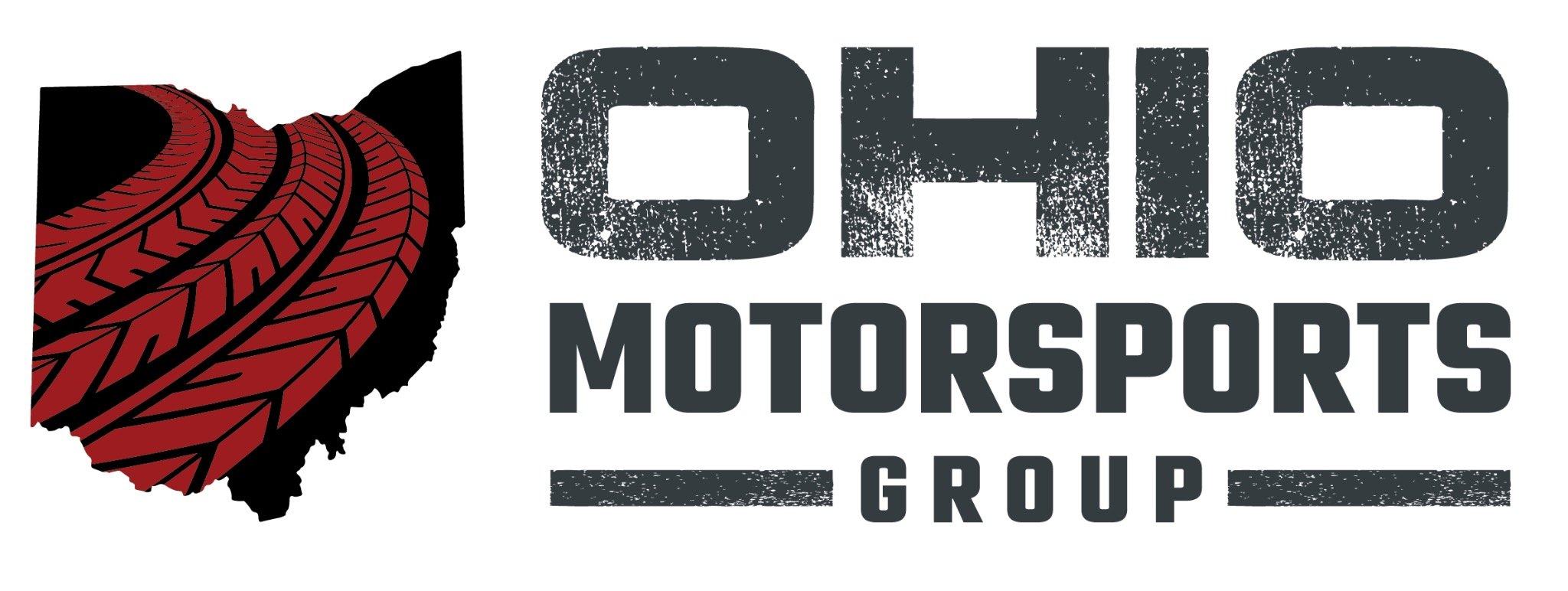Dictionary definition:
a often capitalized : a movement in modern Protestantism emphasizing intellectual liberty and the spiritual and ethical content of Christianity
b : a theory in economics emphasizing individual freedom from restraint and usually based on free competition, the self-regulating market, and the gold standard
c : a political philosophy based on belief in progress, the essential goodness of the human race, and the autonomy of the individual and standing for the protection of political and civil liberties
d capitalized : the principles and policies of a Liberal party
From wikipedia:
Classical liberalism emphasizes free private enterprise, individual property rights, laissez-faire economic policy, and freedom of contract, and opposes the welfare state. Classical liberals support equality before the law and hold that economic inequality, arising naturally from competition in the free market, does not justify forced wealth redistribution.
New liberals advocate a greater degree of government influence to protect individual rights (in a broad sense), often in the form of anti-discrimination laws. New liberals support universal education, and many also support welfare, including benefits for the unemployed, housing for the homeless, and medical care for the sick, all supported by progressive taxation.
-----------------------------------------------------------------------------
As you can see, there are many different definitions of the word "liberal", and very few people follow any of these ideals to the letter. Too often people concern themselves with labels and specific groups of people. In my opinion both sides of what you consider to be liberal vs. conservative (which is too broad to define, that is the point I was making) have wonderful ideas. We need to focus on making the country better, rather than making the "opposing side" (in quotes because we are all Americans) look wrong. Generalizing only allows you to close your mind.


